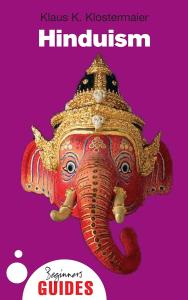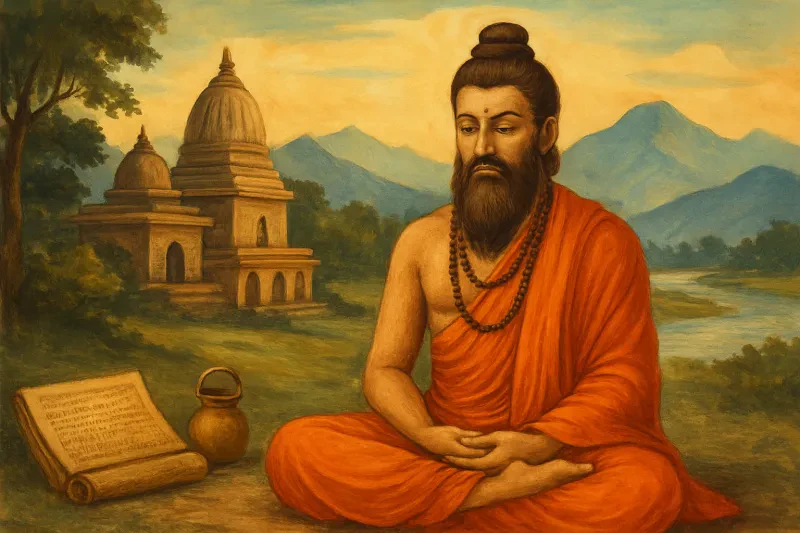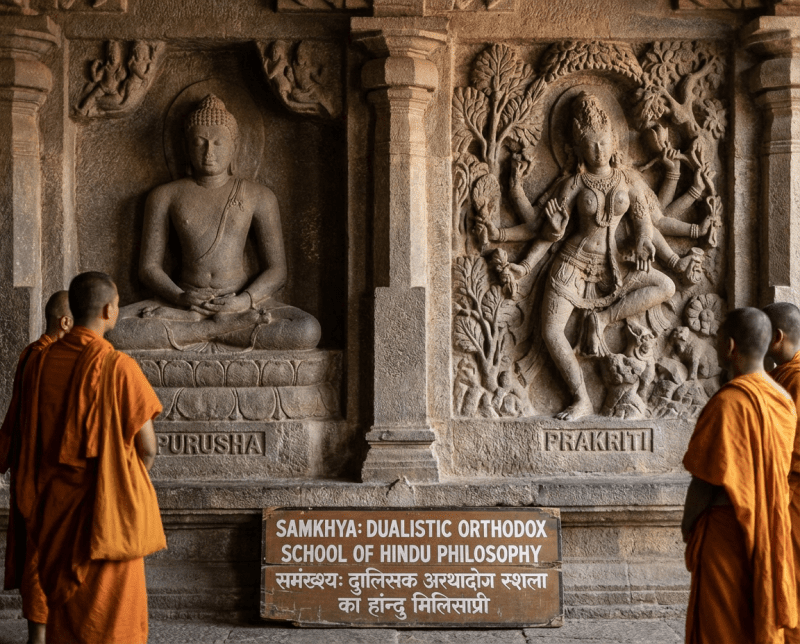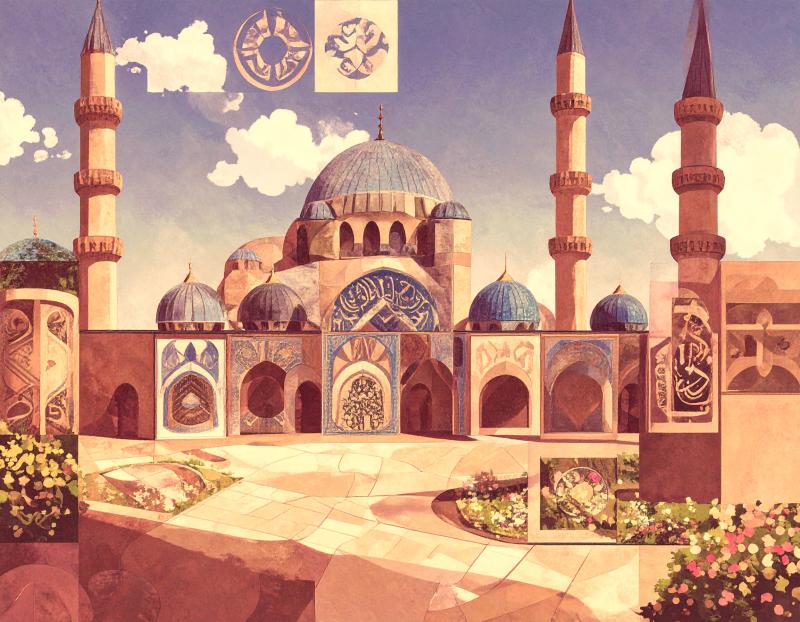Hinduism is a rich and complex spiritual tradition that originated on the Indian subcontinent. With more than a billion adherents, it’s the third-largest religion behind Christianity and Islam. Hinduism is more than a religion; it’s a collection of various philosophies, beliefs, and practices that have developed over millennia. This article delves into Hinduism’s origins, key beliefs, practices, and philosophical diversity.
Origins and Historical Development
Hinduism dates back over 4,000 years to the Indus Valley civilization and the arrival of Indo-Aryans to India. The early Vedic scriptures, written in Sanskrit around 1500 BCE, remain among the oldest religious texts still in use. The Vedic period laid the groundwork for the cultural and religious developments that ultimately gave rise to modern Hinduism.
Across millennia, Hinduism has assimilated and integrated elements of various indigenous traditions and thought. Key moments in this evolution include the writing of the Upanishads (mystical and philosophical texts), the emergence of epics such as the Mahabharata and Ramayana, and the rise of devotional (bhakti) movements. All these periods added strata of depth and complexity to the faith.
Core Beliefs
Unlike most major world religions, Hinduism lacks a founder or a common creed, which has led to it being described as a way of life rather than a religion. But there are a few fundamental ideas that underpin Hindu philosophy.
1. Dharma: Often translated as duty, righteousness, or moral law, dharma represents the ethical path and responsibilities individuals should follow based on their role in society and life stage.
2. Karma: The law of karma says that all actions bear fruit and impact your future, either in life or through reincarnation.
3. Samsara: The cycle of birth, death, and rebirth is central to Hindu thought. Believers seek liberation from this cycle through spiritual growth.
4. Moksha: The goal of liberation from samsara, moksha, is achieved through realizing one’s true nature and unity with the divine.
5. Atman and Brahman: Atman refers to the soul or inner self, while Brahman denotes the unchanging, ultimate reality or world spirit. Spiritual approaches seek to actualize the identity of Atman with Brahman.
Deities and Worship
Hinduism is naturally pluralistic in terms of belief in God. It encompasses monotheistic, polytheistic, pantheistic, and even atheistic viewpoints. God is seen everywhere and, in many forms, which is why Hindu icons are multicolored and varied.
Prominent deities include:
- Brahma: The creator
- Vishnu: The preserver
- Shiva: The destroyer and transformer
Other major gods include Lakshmi, Saraswati, Parvati, Ganesha, and Hanuman. Followers can honor gods in temples, at home, or through puja, a personal worship that includes ceremonies, prayers, and offerings.
Philosophical Schools
Hinduism encompasses diverse philosophies, which are broadly categorized into six schools: Nyaya, Vaisheshika, Samkhya, Yoga, Mimamsa, and Vedanta. All of which offer their own perspective on life, the cosmos, and the path to enlightenment, but all are part of the pluralistic and tolerant religion. Vedanta — especially its Advaita (non-dualism) school — profoundly shapes modern Hindu thinking.
Festivals and Practices
Hindu life is full of festivals on various occasions that honor life, seasons, and deities. Diwali, the luminous festival of lights that celebrates the victory of light over darkness, good over evil. Holi, the festival of colors, honors the advent of the spring season and goodness. And then there are other significant festivals like Navaratri, Dussehra, and Raksha Bandhan, each with its own regional nuances.
Hindu samskaras — rites of passage — mark life events including birth, naming, marriage, and death, cementing community identity and societal values.
Diversity and Acceptance
The native diversity of Hinduism meant it was open to it. It acknowledges the legitimacy of many routes to God. It stresses jnana, bhakti, and karma yoga as means to spiritual development. This elasticity renders Hinduism supremely flexible, able to absorb and coexist with other traditions and philosophies.
Conclusion
Hinduism’s richness and profound philosophy offer a distinct perspective on spirituality and life. Its combination of ancient customs, flexibility, and acceptance appeals to adherents far and wide, connecting with those yearning for a faith that encompasses variety. If you’re new to Hinduism, diving in is an adventure into one of humanity’s most ancient spiritual realms.
Hinduism: A Beginner's Guide
by Klaus K. Klostermaier
Product information
Product Review Score
4.45 out of 5 stars
176 reviews



